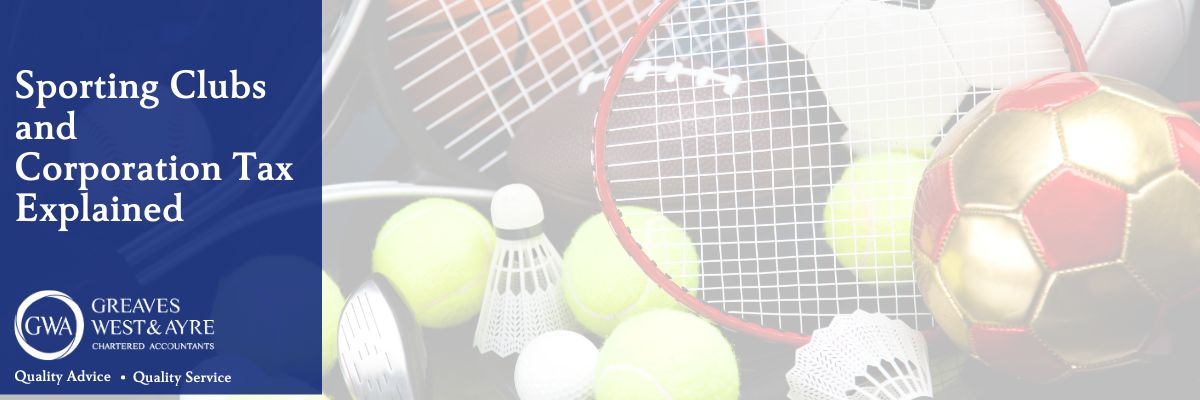Sporting Clubs and Corporation Tax Explained

Members’ clubs and Corporation Tax
Members’ sports clubs take on many forms of business structure. Two of the most common structures, Community Amateur Sports Clubs (CASC) and unincorporated Members’ Clubs, are discussed briefly below.
CASCs and members’ clubs – principle of mutual trading
The supply of goods or services with a view to making a profit will usually amount to trading, with trading profits being liable to Corporation Tax. This is not normally the case where a members’ club makes supplies to its own members. This includes membership subscriptions. Similarly, amounts paid by members to use facilities (e.g. bar and catering) are unlikely to be trading income. This is based on the principle of “mutual trading” where members combine to provide funds and facilities for their own enjoyment.
However, supplies made to non-members will normally be trading income. This includes visitors or non-members who may, for a fee, become “temporary” members of the club. This temporary designation is unlikely to impact on the club’s corporation tax position unless the temporary members gain the rights of a full member (e.g. right to vote). Income from “social members” is likely to be treated in the same way.
Where a club allows income distributions to be paid or surpluses to be returned to its members it cannot qualify as a CASC. Many members’ clubs will have a constitution which regulates the operation of the club, and often that constitution will not allow surpluses to be distributed to members. Instead, any surplus is to be used for similar sporting or charitable activities.
Sporting clubs – Corporation Tax
For tax purposes, it is essential that all member and non-member income is separately recorded by the club. Many expenses will be shared, and an allocation of these costs will be necessary.
To become a CASC, an application to HMRC is required. There are more than 7,500 CASCs registered with HMRC. There are a number of conditions that have to be met for the club to be a CASC (for example, the club should be open to the whole community and be organised on an amateur basis). There are also limits on membership fees. There are many benefits of being a CASC, including exemptions for trading and property income (within limits) from Corporation Tax. The club may also benefit from Gift Aid on donations. A CASC may also qualify for 80% relief from business rates. If the relative thresholds are breached, it is possible to set up a separate company, with the profits then paid to the CASC via Gift Aid. Otherwise, the CASC will be liable to Corporation Tax on its trading and property income.
For members’ clubs who are not CASCs, there will be a requirement to split the income and expenses between members and non-members with the profit from non-members being liable to Corporation Tax.


